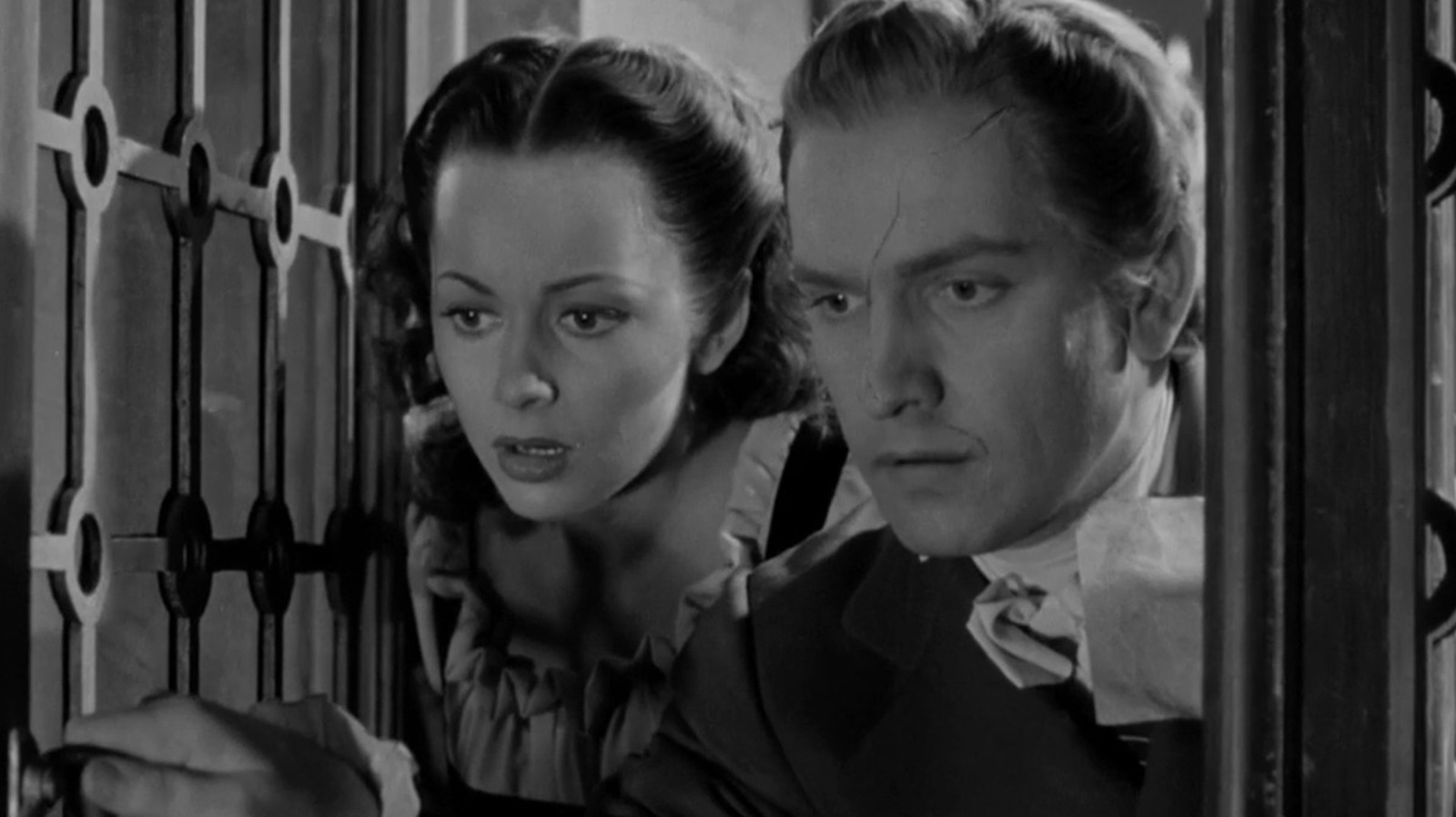
The Oscars have seen their fair share of nominees that either enchanted audiences or utterly disappointed critics. When we cast our gaze back to 1936, one of the most notable outcomes was the selection of films for the Best Picture category, where the Academy bestowed the coveted award upon Robert Z. Leonard’s expansive musical biography “The Great Ziegfeld.” While the film splashes visual splendor on the screen, its emotional resonance might leave viewers wanting something more than just a nostalgic look back at the life of famed impresario Florenz “Flo” Ziegfeld, Jr., played by William Powell.
That year was a mixed bag. Alongside “The Great Ziegfeld,” Frank Capra’s delightful “Mr. Deeds Goes to Town” stood out as a comedic gem. Other honorable mentions were William Dieterle’s “The Story of Louis Pasteur” featuring Paul Muni, and Jack Conway’s iconic screwball comedy “Libeled Lady,” starring the mesmerizing duo of Powell and Myrna Loy.
However, the list also included several less-than-stellar entries. George Cukor’s adaptation of “Romeo and Juliet,” despite its promising premise, faltered due to an aging cast and some questionable casting choices. Meanwhile, Henry Koster’s “Three Smart Girls” turned out to be mildly satisfactory yet unremarkable. Most disheartening were the historical dramas “Dodsworth” by William Wyler and Mervyn LeRoy’s ambitious “Anthony Adverse,” the latter of which, to its dismay, clung to the title of the least favored Best Picture nominee, holding a meager 18% approval rating on Rotten Tomatoes.
“Anthony Adverse,” derived from Hervey Allen’s 1933 novel, unfolds in the year 1773 with the birth of the protagonist, the result of a clandestine romance. As he navigates life steeped in familial secrecy, Anthony’s journey takes a questionable turn when he finds himself managing a family slave trading operation in Africa. The story meanders through various encounters and romantic entanglements, but sadly lacks the resonance viewers seek.
Critics, even at the film’s original release, were quick to voice their disdain. One pointed review from the New Republic lamented the lack of entertainment value, claiming there was neither life nor flow to the narrative. The film’s attempt to package so many elements from the novel only backfired, according to the review, which noted the absence of genuine engagement.
In a similar vein, Esquire Magazine’s Patterson Murphy remarked on the film’s aesthetic appeal while bemoaning its dull storytelling. Further echoing this sentiment, Frank S. Nugent from the New York Times articulated dissatisfaction with the adaptation, commenting that it felt both bulky and erratic, straying too far from the essence of the original work.
From personal experience, I can attest that “Anthony Adverse” ultimately falls flat. It sidesteps the rich exploration one might hope for regarding wealth struggles or the human experiences surrounding slavery, instead opting to recount events in a tedious manner. The film, much to the dismay of its viewers, fails to engage, leaving confined its more energetic star, Olivia de Havilland, to a mere supporting role.
At its core, “Anthony Adverse” has the unmistakable feel of an Oscar-playing historical epic: long, lavishly produced, and rooted in a well-regarded novel. Unfortunately, the sense of passion is sorely missing, leaving little doubt that the driving force behind its creation was the hope of garnering awards recognition. If you’re looking for entertainment, might I suggest opting for films like “Mr. Deeds Goes to Town” or “A Tale of Two Cities” instead? They certainly make for a more enjoyable viewing experience.





